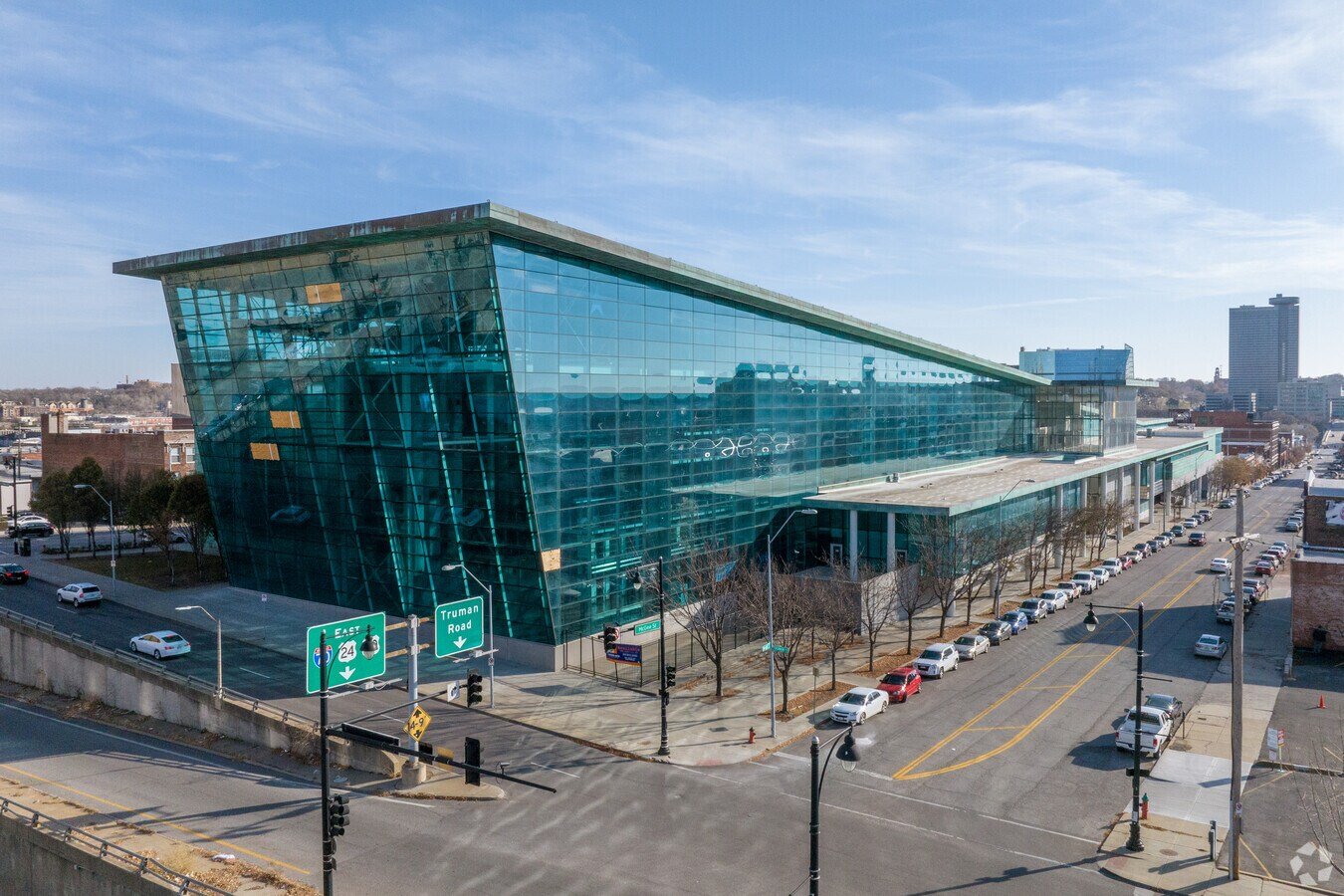Photo credit: MetroWire Media KC
Fear is no deterrent to seizing new opportunities for this CREW
Jennifer Hart, president and owner of Hartline Construction, LLC, and Suzie Aron, president of Aron Real Estate, joined moderator Asia Campbell, business development manager at Kansas City Area Development Council (KCADC), last week for a virtual discussion about showing up at work and in life, part of the Women’s Leadership Institute (WLI) and CREW KC “Fearless Series.”
Hart worked as an architect for several years until she was furloughed during the ‘08-’09 recession. She went to work in construction because contractors’ work had not dried up.
In 2011, Hart founded Hartline Construction. According to Hart, education, perseverance and networking made her fearless in allowing her to move on from her job loss and not give up.
“I cannot tell you how many times I’ve been told by a male, maybe someone above me, that I can’t do it. So right then that told me why not me? I can. You’ve got to turn what you might be able to do into action and make it happen,” Hart said.
When Hart opened her company she did not want any special favors because she was female and had always succeeded at her job before. Consequently, she resisted getting WBE and SLBE certified by the City of Kansas City, Mo.
Her company since has been awarded SLBE (Small Local Business Enterprise), WBE (Women Business Enterprise) and DBE (Disadvantaged Business Enterprise) certifications. She admits that the certifications hove opened a lot of doors for her, for Hartline and for her team, including a contract to work on the Kansas City International Airport construction project.
“So don’t be afraid to go ahead and utilize that tool - because we, as females, as much as we don’t want to admit it, sometimes we’re underestimated and we want to show them how powerful we can be,” said Hart.
Hart encouraged the audience members to network.
“I cannot tell you how much has come my direction by networking out in the community and giving back to the community because they call me and say ‘hey, I heard about this project you might want to take a look at,’” Hart said.
Aron, who started out as a community volunteer, said the key to being fearless is figuring out who you are.
“I’m an extroverted person, and I also think outside the box. One way is to look as to what’s out there and where the opportunity is. For somebody like me, it’s looking around and deciding what kind of community do I want?” said Aron.
Several years ago, Aron, who had worked as a real estate broker for many years, took interest in the Crossroads District, then a neighborhood of empty buildings. She saw opportunity to build a community.
“All of our buildings were abandoned. Eighty percent of our neighborhood was blighted, and because of that, there were opportunities in terms of cheap rents, for putting in sweat equity, for how you might consider doing something that you wouldn’t have been able to do if it was a terrific, only healthy bunch of options out there,” said Aron.
Seizing on the opportunity, Aron was instrumental in developing the Crossroads arts, business and entertainment district.
Aron said the pandemic has created opportunities to make changes to our community, and she encouraged the audience, while everyone is on pause, to consider what kind of community they want going forward.
“I really think we have an extraordinary opportunity to build and come back and save and create the kind of community we want because we’ve all seen that we’re starting to look at things that we took for granted and say do we want to do things the same way. And, I would encourage us not to,” Aron said.
Developers face post-pandemic challenges
a MWM CRE event recap
Roxsen Koch, shareholder with Polsinelli PC, and Jason Swords, principal with Sunflower Development Group, joined moderator Christine Johnston, CPA, CGMA, CMA, partner with MarksNelson LLC, for a live webinar discussion hosted by CREW KC this Tuesday.
The panelists discussed tax increment financing (TIF) in Kansas City, Mo., economic development incentives and future challenges facing developers in a post-pandemic world.
Koch began with explaining that TIF is an economic tool enabled through the State of Missouri which allows developers to capture the tax increment that a real estate project generates in order to finance a project which otherwise might not be financially feasible.
Although TIF has been used by developers on many prominent projects in Kansas City, Mo., its future use may be more limited, especially to finance any hospitality and retail project in the immediate future, according to Swords.
“I think that’s the tool for keeping jobs,” Swords said.
Koch, who was involved with the financing of the Loews Kansas City Hotel project, said TIF financing along with several other economic development tools, were incorporated into the hotel project. Although its opening was delayed, the hotel recently opened amid the pandemic.
“Obviously, timing is everything. We were very fortunate to obtain the financing when we did. In today’s market, I don’t think you would see the project come forward. Any project of this nature in Kansas City, Missouri really would be substantially on hold until we knew more about what the world in the future would be,” said Koch.
According to Koch, there are a lot of challenges amongst successfully financing a project today.
“You need to have investors who want to have a certain return on their investment to be committed to the project. You have to show you have a team that’s knowledgeable in the construction of that particular project and the operation of that particular project,” said Koch.
Swords predicts that getting a deal financed in the next few years is going to be tough.
“We’re only seeing the beginning of the triage that is out there. Fifty percent of our small business tenants aren’t going to make it. I think there’s a lot of money on the sidelines waiting for distressed assets,” said Swords.
Both Koch and Swords agreed that TIF will always be a tool for developers in Kansas City.
“If policymakers do not embrace the use of TIF on projects that the city wants to see developed, then investors will simply take their money someplace else and they won’t invest in Kansas City,” said Koch.
Swords acknowledged that although obtaining incentive tools from Kansas City, Mo. is not an easy process, the city has been a leader in spurring redevelopment.
The duo agreed that the one market segment where consumer demand remains strong is housing.
“I think that everything else is too spec, too tough, too difficult. Housing is the only kind of project we’re working on today,” said Swords.
Koch added that developers still need economic development tools to make housing projects happen. Although TIF is not typically used to finance housing, Koch noted that there are other economic development tools available to developers such as tax abatement.
“I think that the important thing is to sit back and be prepared for what’s to come. None of us really knows what that looks like right now,” Koch said.






